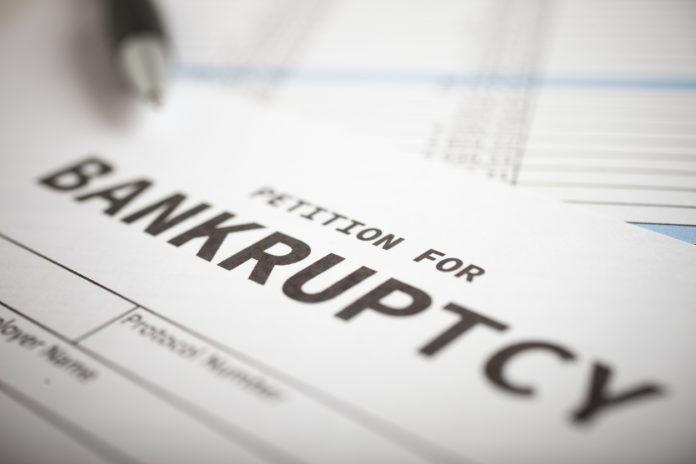If your debts are mounting and dragging you down, bankruptcy and debt consolidation are two of the most common remedies available to you.
So, which one should you choose? Let’s take a look.
What Is Bankruptcy?
The legal process called bankruptcy was designed to protect people and businesses facing nearly insurmountable debt.For individuals, there are two kinds of bankruptcy: Chapter 7 and Chapter 13. Both types can eliminate several types of debt, including outstanding credit card balances, utility bills, rent, and even private debts. However, bankruptcy doesn’t cover alimony, delinquent taxes, child support payments, or criminal fines. And, if you owe money on property, bankruptcy doesn’t block repossession or foreclosure.
Before deciding on debt consolidation vs bankruptcy though, here’s a snapshot of the two types of bankruptcy for individuals.
Chapter 7: This process calls for a court-appointed trustee to oversee liquidation of your assets, with proceeds going to creditors. Usually, remaining outstanding debt is discharged when bankruptcy is filed.
Note that there are exceptions to what are considered assets, including some equity in your primary vehicle, basic household goods and furnishings, and work-related equipment and tools.
This process has implications, however. In addition to a likely loss of property, the filing of bankruptcy will be on your credit report for a decade. You also cannot file for Chapter 7 again for eight years.
Chapter 13:You can keep your property under this type of bankruptcy in exchange for a three- to five-year debt repayment plan negotiated by your attorney and the bankruptcy court. The plan will cover all or some of your debt. If you’ve made all of your agreed-upon payments by the end of the plan, all your debt disappears.
In addition to the ability to retain some assets, Chapter 13 bankruptcy comes off your credit report in seven years. What’s more, you can file for protection again as soon as two years after your first case is completed.
What Is Debt Consolidation?
This financial strategy bundles multiple debts – credit card, certain types of student loans and other liabilities – into a single loan or credit card. The aim is to decrease the volume of payments you must manage monthly, and the amount of interest you pay.
Consolidation also allows you to pay down debt faster, and because you’ll be reducing your credit utilization rate – responsible for about 30 percent of your score – you’ll likely see an increase in your score in just a few months.When considering your consolidation application, lenders will look at what you owe and how much you can realistically pay monthly.
This solution isn’t for everyone however. If your credit score is too low, your consolidation loan will carry a high interest rate. And if you owe so much debt that a single monthly payment won’t be sufficient to pay off creditors, you may be better off with a debt settlement plan, in which your debt is consolidated and slashed.
Which One Is The Best Option?
If you’re eligible for one, a debt consolidation loan is always preferable because of the consequences of bankruptcy. However, even if you can likely get such a loan but know you won’t have the ability to repay it, or if other measures such as a debt management plan aren’t possible, bankruptcy could be your next best option.
The bottom line is, when it comes to debt consolidation versus bankruptcy, if you cannot use consolidation or other means to get your debts under control, bankruptcy may be worthwhile, even with its strong negative effects, to put you on a new path to financial recovery.









